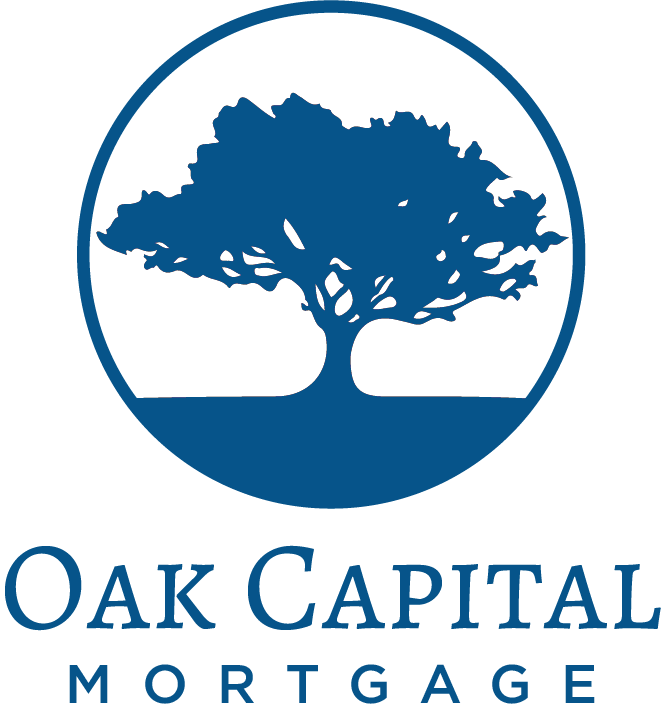When is it a Good Time to Refinance? As President of Oak Capital Mortgage, I…
How Much Income Do I Need to Buy a House?
Understanding Income Requirements for Homeownership
Homeownership is not just for the ultra-wealthy. While income is a significant factor when buying a house, knowing exactly how much you need to earn is not straightforward.
Financing Your Home Purchase
Most people who buy a home use a mortgage loan to finance the majority of the purchase price. Lenders consider an applicant’s debt-to-income (DTI) ratio when deciding how much they are willing to loan for the purchase of a home. If you have higher debt, such as from student loans, car loans, or credit card debt, you will need to have a higher income to show that you can comfortably pay all of your bills. The lender compares these two amounts to ensure you can handle adding the monthly mortgage payment. Oak Capital Mortgage can help you understand your DTI and how it impacts your borrowing capacity.
Getting Preapproved or Prequalified
If you aren’t sure about what to expect, talk to your lender about getting preapproved or prequalified. They will ask about your basic financial situation to give you a ballpark figure of what you can borrow. Keep in mind that this amount is not definite and may change as they review your application more thoroughly during underwriting. Consulting with Oak Capital Mortgage can streamline this process and provide clarity on your borrowing potential.
How Do Lenders Determine My Income?
For those traditionally employed, you will need to provide your pay stubs or W-2s to show your most recent earnings. Contract employees can provide a 1099 form to show the same information. If you are self-employed, your previous few years’ tax returns will be needed to show a strong history of income. In general, self-employed and contract workers need to show a longer history of earnings because their income can fluctuate more. You can also provide documentation of income earned through commissions, bonuses, overtime, military benefits, alimony, and other court-ordered payments, investments and retirement accounts, and social security.
What Else Does a Lender Consider?
Income and DTI are not the only things that a lender wants to know when considering your mortgage application. They also look at your credit score, the purchase price of the home, and the percentage that you plan to put down as a down payment. Oak Capital Mortgage can assist you in improving these factors to enhance your application.
If your income is lower than ideal for your home purchase but you have little debt and an excellent credit score, your lender might still be comfortable approving your loan. Be prepared to provide documentation of every recurring expense that may impact your ability to pay back the loan. There is no set amount of income needed to purchase a home, but it is always a good idea to get your debt as low as possible before beginning your application. Oak Capital Mortgage offers personalized advice to help you prepare for homeownership.
Conclusion
Homeownership is within reach for many, regardless of income level. By understanding how lenders determine income and what other factors they consider, you can better prepare for the mortgage application process. Talk to a trusted mortgage broker, like Oak Capital Mortgage, about your individual situation and what steps you can take to become a homeowner. With the right preparation and guidance, you can confidently navigate the path to owning your home.





